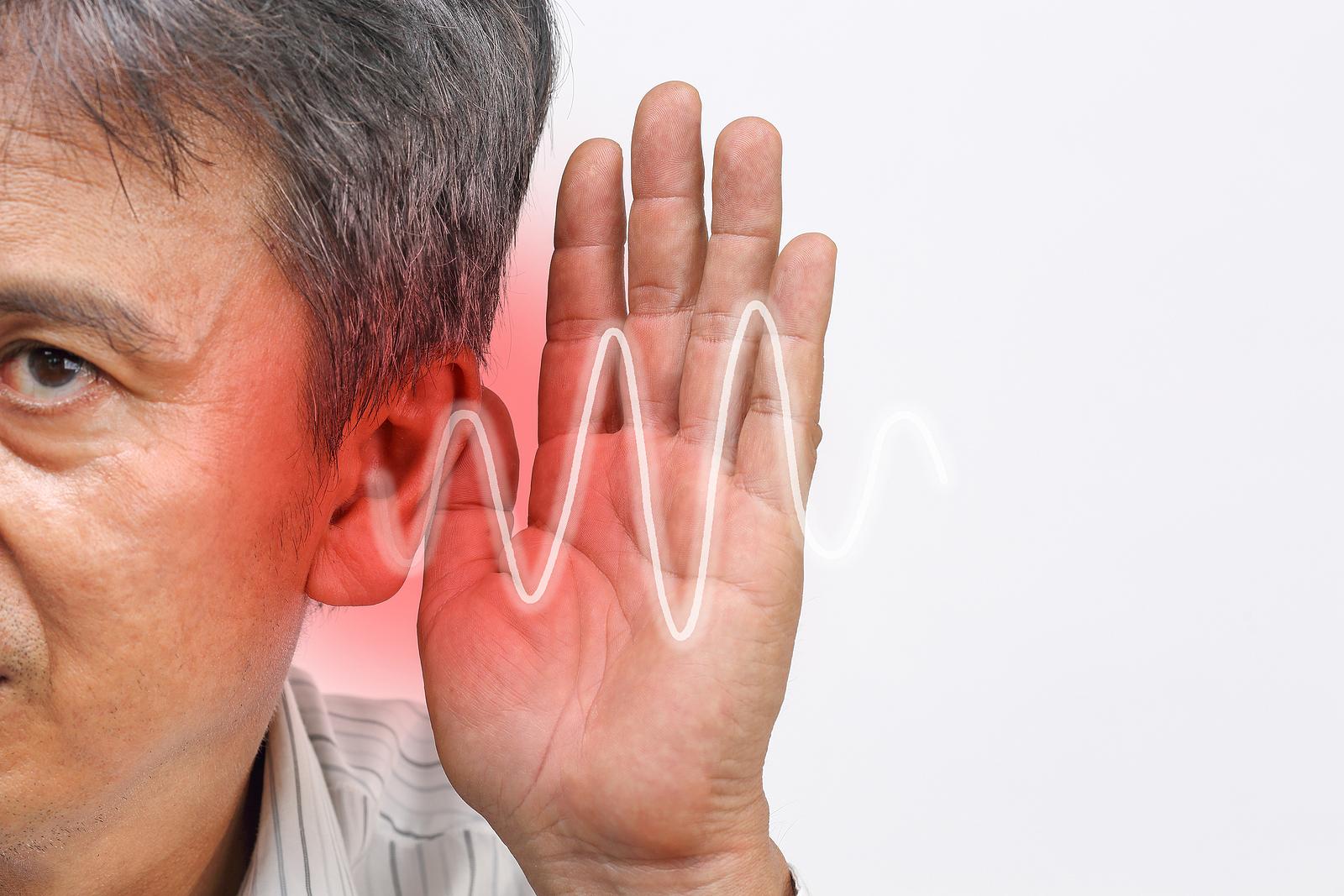
- How Yoga and Meditation Can Help with Hearing Health - November 16, 2024
- How Good Sleep Keeps Our Ears Healthy - November 4, 2024
- The Connection Between Allergies and Your Ears - October 28, 2024
When we have vision problems, we don’t hesitate to get help, whether it’s corrective lenses or LASIK surgery. About 75% of Americans wear glasses or contacts to help them see better. But we don’t go to the doctor immediately when we have hearing loss. In March 2021, the American Speech-Language-Hearing Association surveyed that most of the people who answered had their eyes checked in the last five years, but only 2 out of 10 had their hearing checked.
Even when hearing loss is present, only a small number of people choose to treat it with hearing aids or cochlear implants, which work very well. “Less than 1 in 5 people will treat age-related hearing loss,” says Dr. Justin S. Golub, an otolaryngologist and neurologist with ColumbiaDoctors, the faculty practice of Columbia University Medical Center.
Hearing loss is common.
Based on hearing tests for people over 12 years old in the US, one in eight people has hearing loss. As you might guess, age-related hearing loss mainly affects people over 65.
Dr. Golub says that we will all have to deal with hearing loss at some point because “it is inevitable that we will all get old and lose our hearing.” Hearing loss from getting older starts in the 50s. At age 70, two-thirds of people have trouble hearing. About everyone has it at 100.”
Why does age cause hearing loss?
How well we hear depends on the sensitive cells in our inner ears, which take in the valuable information that our ears pick up. After the cells in the inner ear gather information about sounds, the auditory nerve sends it to the brain. The brain takes in sound information and turns it into what we think of as hearing, such as understanding language and outside noise.
But the delicate cells in the inner ear cannot grow back. They can be hurt by too much noise, which causes noise-induced hearing loss, or, more likely, by the natural aging process. As the number of inner ear cells decreases, our hearing range decreases because these cells can’t heal themselves or make more of themselves. The loss of hearing that comes with aging can’t be fixed, but it can be treated.
Signs of age-related hearing loss
Dr. Golub calls hearing loss that comes with age a “silent medical condition” like high blood pressure or diabetes. This kind of hearing loss happens so slowly that you might not even notice it happening. Most of the time, it’s already in a more advanced stage by the time it starts to affect your life enough for you to notice.
This kind of hearing loss gets worse over time. It usually starts when cells in your inner ear die and stop sending sound information to your brain. Those sounds are usually in the higher frequency range. So, instead of hearing a general drop in volume, you might think that people around you are mumbling, and it’s hard to determine what they’re saying. You might ask, “What?” more often than usual. Your TVs, radios, and other devices might slowly get louder and louder until they are too loud for people with normal hearing.
Why should hearing loss be treated?
Hearing loss can be lonely and emotionally challenging, especially if it gets bad enough to make it hard to talk. Humans are made to connect with other people, and losing that ability can be very hard on our relationships and our emotional health.
Hearing aid users are pleased with their choice to do something about their hearing loss. About 83% say they are happy with their choice, and the vast majority say their relationships have improved. If you choose to invest in ways to help your hearing, you can avoid the harmful effects of hearing loss.
Dr. Golub tells his patients that they don’t have to accept hearing loss as “a harmless inconvenience of aging.” He wants to get involved because the data show that it will help in many ways. Untreated hearing loss has been linked to a higher risk of dementia and mental decline, making it easier to hear.
Plan a hearing test.
Schedule a hearing test today if you think your conversations and relationships are getting more challenging because of age-related hearing loss. Our hearing health experts are ready to give you a simple test to find out how well you hear and get you started on the road to better hearing.
